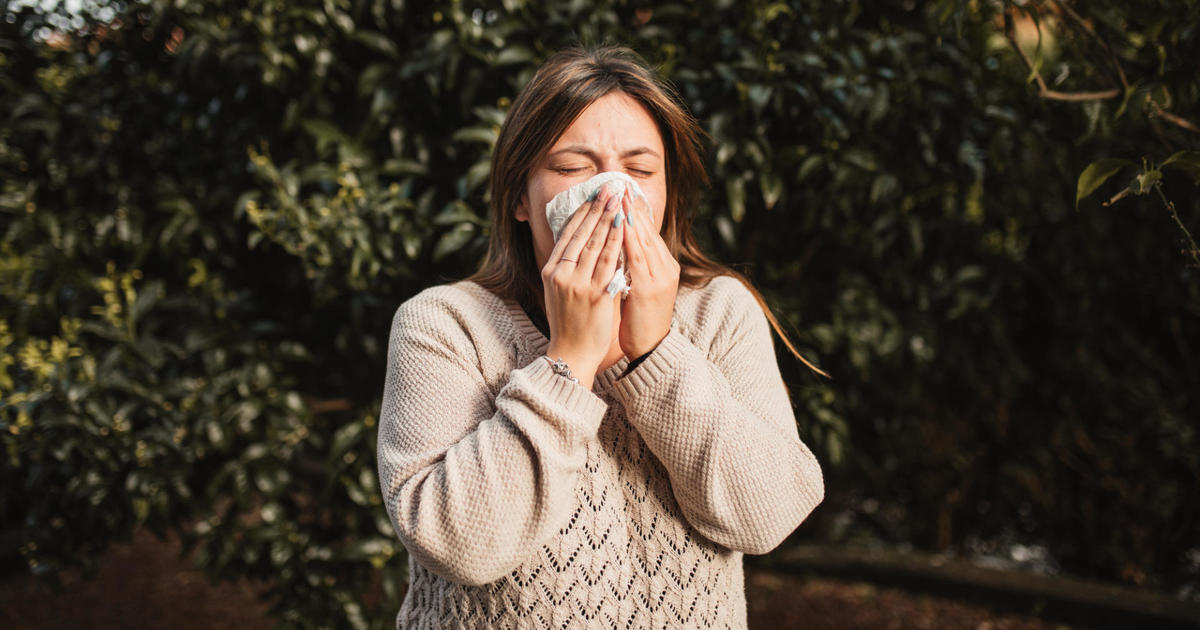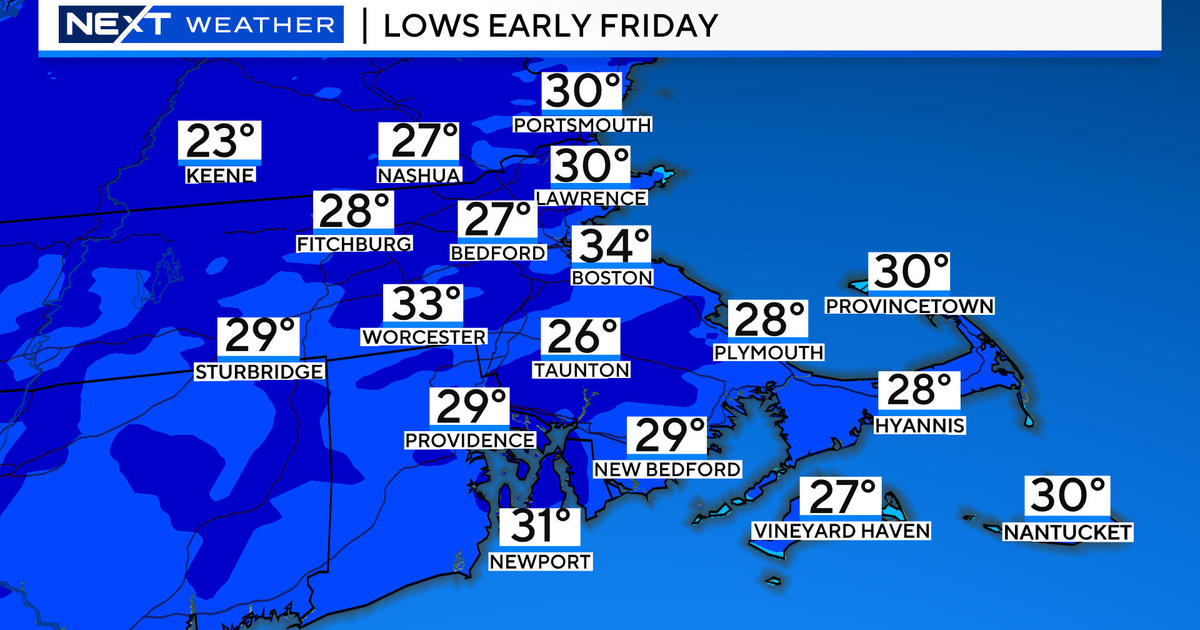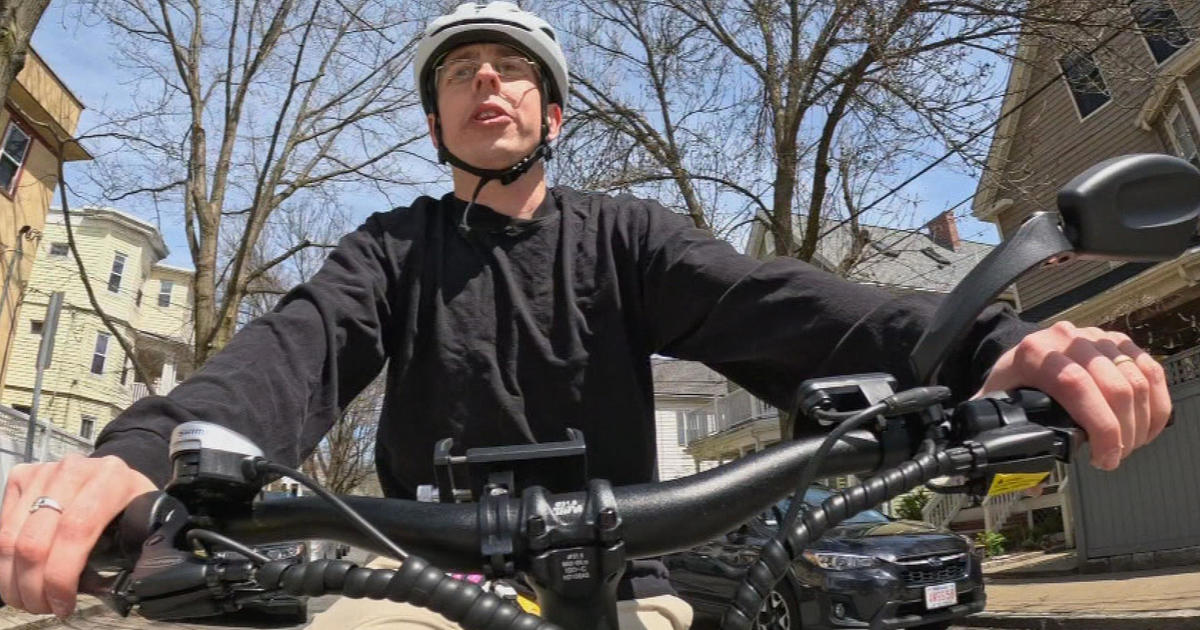Will COVID Go Away Over Time? Dr. Mallika Marshall Answers Your Coronavirus Questions
BOSTON (CBS) - Dr. Mallika Marshall is answering your coronavirus-related medical questions. If you have a question for Dr. Mallika, email her or message her on Facebook or Twitter.
Dr. Mallika is offering her best advice, but as always, consult your personal doctor before making any decisions about your personal health.
One viewer asks, "We know that the pandemic will end at some point but does that mean the virus that causes COVID-19 will fade off into the distance?"
According to scientists, probably not.
According to a model published in the journal Science looking at the behavior of other coronaviruses known to infect humans, the novel coronavirus is likely to return again and again, but will probably look more like the common cold. And for future generations, like with other coronaviruses, primary exposure will be in young children who will develop a few sniffles or no symptoms at all.
Another viewer writes, "The government is now releasing all of the shots - not holding back anymore for round 2. If you get your first dose - but for some reason, you can't get your second - what happens then? Do you have to wait a period of time before getting another round 1?"
The studies with the Pfizer and Moderna vaccines looked at giving the second dose 3-4 weeks after the first, so we don't really know how the effectiveness might change if you wait much longer than that. The WHO says you shouldn't wait more than six weeks between doses but the CDC says if there is a delay, there is no need to repeat the 1st dose. And there are other vaccines in the pipeline which could be approved in the next few months which only require one shot.
Dana writes, "If the COVID-19 vaccine is about 95% protective, why would we still contract and transmit the virus after completing the two shots?"
It is certainly possible that the vaccine may prevent you from getting infected and transmitting the virus but we just don't have enough data to say that for sure. The thought is you could still harbor the virus in the back of your nose and cough or breathe it out into the air. Just like we know people can have asymptomatic infection now and still pose a risk to others. Hopefully, the vaccine will not only prevent disease but will also prevent transmission but until we know that for sure, we have to continue to wear masks and socially distance.



